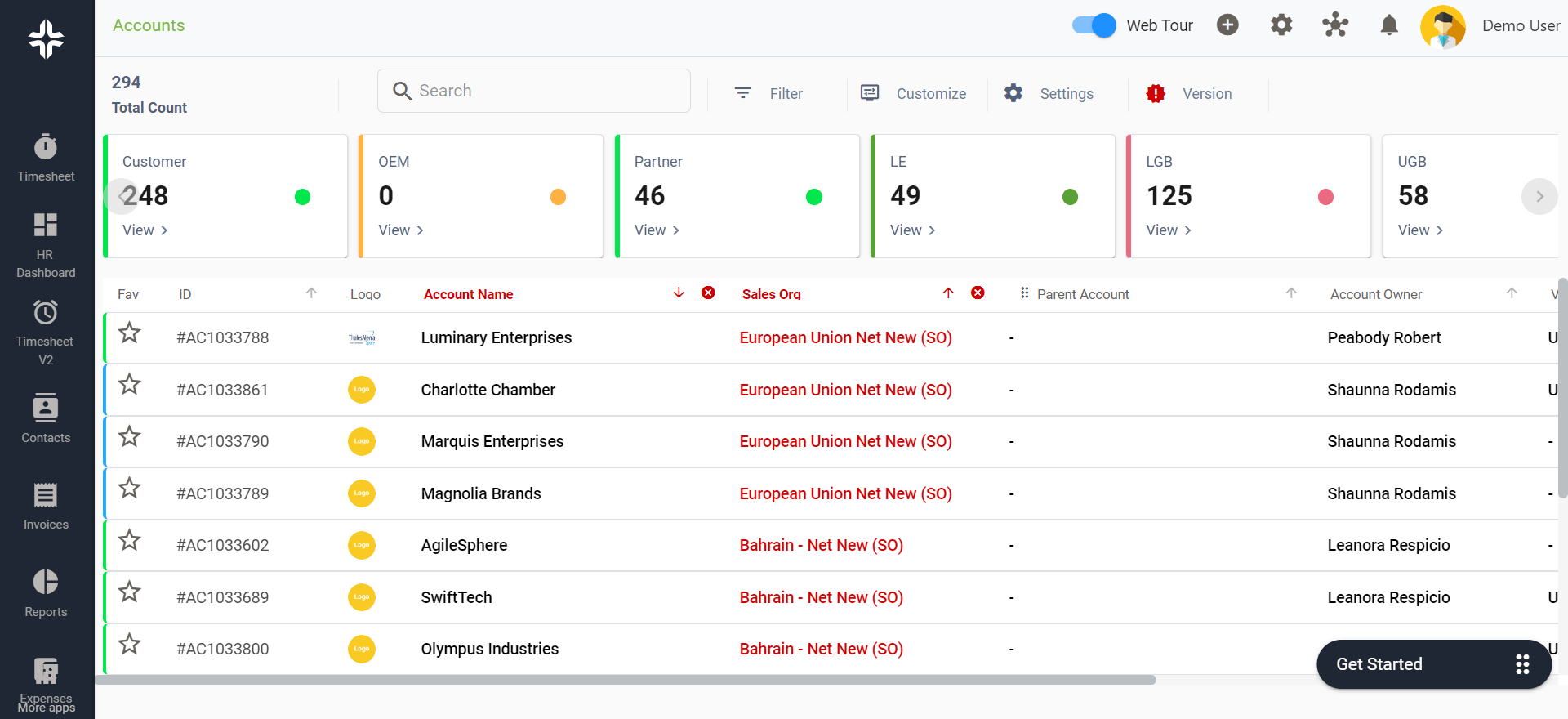Home » PSApedia
Average Deal Size
Optimize Your Average Deal Size for Business Growth. Learn How to Increase Profits Today!

What Is Average Deal Size?
Average Deal Size refers to the average amount of money that a company generates from each sale or deal. Essentially, it gives a quick insight into the monetary value of each transaction. Think of it as the average bill at a restaurant – it’s an indicator of what each customer, on average, spends when they eat there. For businesses, particularly those involved with sales pipelines, understanding this metric is vital.
Calculating the average deal size helps businesses understand their revenue potential, allocate resources effectively, and make informed decisions regarding pricing, marketing strategies, and sales targets. Monitoring changes in average deal size over time can also provide valuable insights into market trends and shifts in customer preferences.
Why Average Deal Size Is So Important?
Increasing the Average Deal Size can greatly boost revenue without having to increase the number of deals. It helps businesses:
- Understand customer spending behavior.
- Gauge the effectiveness of sales proposals.
- Measure sales team performance.
- Plan financial forecasts and growth strategies.

Why Average Deal Size Is So Important?
How to Calculate Average Deal Size?
The formula for calculating Average Deal Size is simple:
Average Deal Size = Total Revenue from Sales / Number of Deals Closed
For instance, if a company closed 10 deals totaling $100,000 in a month, the Average Deal Size would be:
$100,000 / 10 = $10,000 per deal.
This means, on average, each deal brought in $10,000.
Differences Between Average Deal Size and Other Sales Metrics
Average Deal Size (ADS) is a critical sales metric, but it differs from other metrics like Conversion Rate or Sales Velocity in its focus and impact. While Conversion Rate assesses how effectively leads turn into customers and Sales Velocity measures how quickly deals move through the pipeline, ADS centers on the monetary value of individual deals.
While Average Deal Size focuses on the average monetary value of each deal, metrics like Monthly Recurring Revenue (MRR) look at revenue generated monthly from subscription-based products. It’s important to discern between these to get a clear picture of financial health.
How Average Deal Size is Used?
Average Deal Size provides insights that can enhance various aspects of business:
Sales Strategy: By understanding the value of each deal, sales teams can tailor their strategies, using tools like proposal builders to enhance deal value.
Resource Allocation: It aids in allocating resources effectively. For instance, knowing this can guide teams in using resource management software more efficiently.
Customer Relationship Management: By knowing how much a customer is likely to spend, businesses can foster better relationships, perhaps by streamlining processes using ticket management systems.
Average Deal Size vs Revenue vs Annual Profit
Remember, while revenue gives the overall earnings, profit is the actual amount the company retains. Finance management tools can provide deeper insights into these metrics.
| Metric | Definition | Example |
|---|---|---|
| Average Deal Size | The average monetary value of each sale or transaction within a given period. | $5,000 per deal |
| Revenue | Total income generated by a company from its primary operations, typically within a fiscal year. | $2 million per year |
| Annual Profit | The net income or profit a company earns over the course of a single year after deducting all expenses. | $500,000 per year |
Ready to Optimize Your Average Deal Size?
Understanding Average Deal Size is just the tip of the iceberg. To dive deeper and optimize your business operations – be it sales, finance, or resource management – consider adopting a comprehensive platform like KEBS.

KEBS Deal Management
Interested? Contact us for more insights or try a demo to see KEBS in action. For further reading on enhancing your business operations, our eBook on PSA is a valuable resource.



